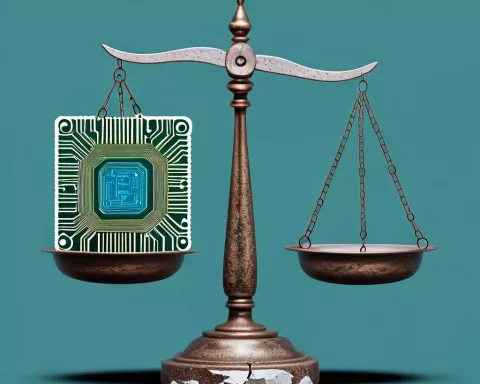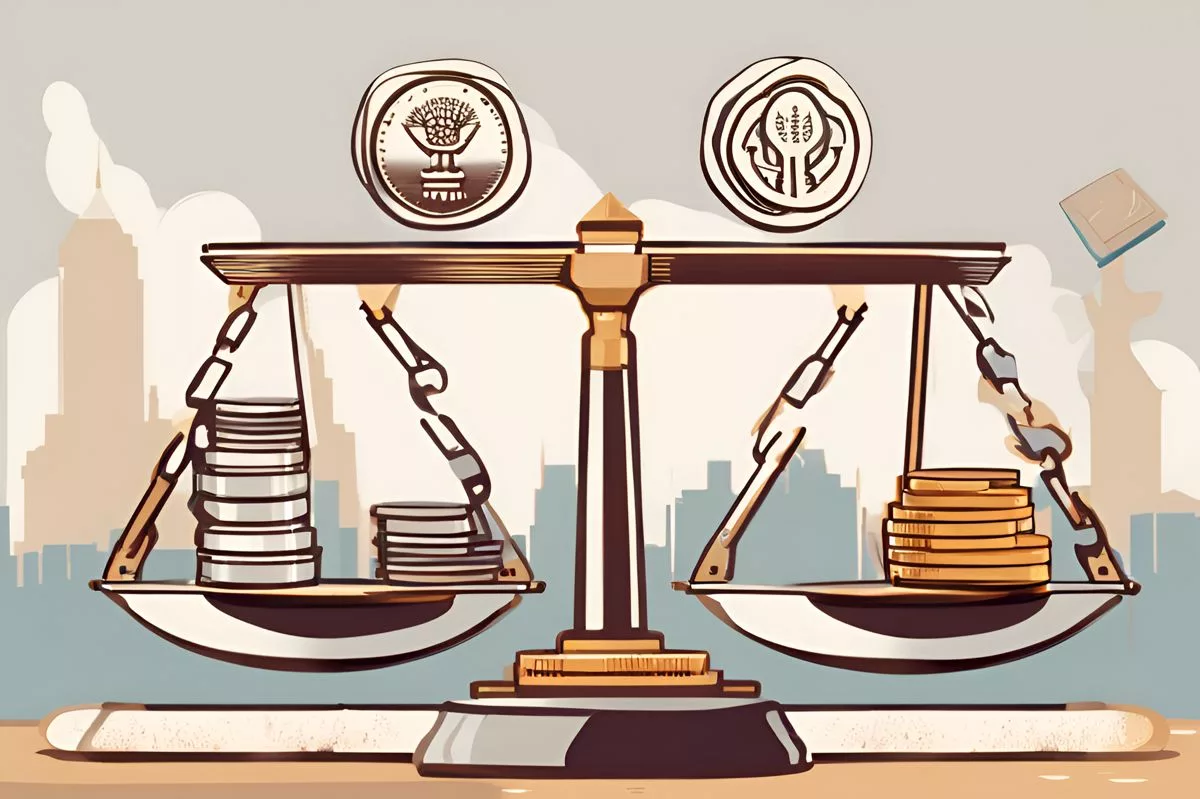Women are making powerful strides in Africa’s energy sector, breaking down barriers and leading the way toward equality and innovation. With strong voices like Deputy Minister Judith Nemadzinga-Tshabalala, the call for more women in leadership roles is louder than ever. Programs focused on education and mentorship are helping women gain the skills and support they need to excel, especially in fields like Liquified Petroleum Gas (LPG). As women step into these roles, they bring fresh ideas and perspectives, paving the way for a brighter, more sustainable future for everyone. The energy industry is transforming, and women are at the heart of this exciting change.
How are women transforming Africa’s energy sector?
Women are increasingly leading Africa’s energy transformation by breaking gender barriers, advocating for mentorship, and engaging in educational initiatives. Their growing participation fosters gender equality, drives innovation, and creates opportunities in emerging sectors like Liquified Petroleum Gas (LPG), ultimately enhancing economic growth and sustainability.
The Growing Role of Women in Africa’s Energy Sector
In the dynamic realm of Africa’s energy industry, women are increasingly stepping into roles that shape the future of progress and equality. Deputy Minister Judith Nemadzinga-Tshabalala recently brought attention to this shift at the African Energy Conference’s Women in Energy Forum. Her address highlighted the urgent need for proactive measures to empower women within the energy sector, serving both as a call to action and a reflection on the challenges and opportunities that lie ahead.
Traditionally, the energy industry has been dominated by men, with women often finding themselves on the fringes. This gender imbalance mirrors the broader societal norms where patriarchal traditions have dictated opportunities and authority for far too long. However, change is in the air. Initiatives such as the Women Empowerment and Gender Equality Strategy (WEGE) 2021–2025 aim to break down these barriers and foster gender equality. This strategy is not only about increasing the number of women in leadership and decision-making roles but also ensuring their significant impact on economic growth.
Minister Nemadzinga-Tshabalala underscored the importance of transitioning from mere discussions to concrete actions. She highlighted the ongoing challenges that women face in the industry: limited access to leadership roles, lack of mentorship, and scarce sponsorship opportunities. These obstacles are not just theoretical—they have tangible impacts that perpetuate economic disparities.
Overcoming Educational and Financial Barriers
The South African government’s commitment to education has resulted in notable progress toward equality, yet challenges remain. Although literacy rates have improved, a significant gap persists in the participation of women in Science, Technology, Engineering, and Mathematics (STEM) education—fields crucial for careers in the energy sector. The Deputy Minister discussed the continuous efforts to provide full-time bursaries for students from underprivileged backgrounds, specifically in mining and energy-related subjects. These educational initiatives are crucial in equipping women with the necessary skills to excel in technical fields.
Financial barriers also impede women’s full participation in the energy industry. Over the past thirty years, the government has implemented various measures to support small enterprises, with a focus on women and youth. Funds such as the exploration fund for junior miners and the artisanal and small-scale miners’ fund aim to boost investment in mineral projects. These financial initiatives, alongside legislation like the Broad-Based Black Economic Empowerment Act, strive to create a more inclusive business landscape.
The Deputy Minister emphasized the significance of collaborations with organizations like the South African Women in Energy Association (SAWEA) and the Women in Oil and Energy South Africa (WOESA). These partnerships play a vital role in advocating for gender equality and offering a platform for women to lead the transformation of the sector.
Expanding Opportunities in the LPG Industry
As South Africa sets its sights on expanding the Liquified Petroleum Gas (LPG) industry, women are poised to assume crucial roles throughout the value chain. The expanding LPG sector offers numerous opportunities for women to engage in production, wholesaling, and retailing. Minister Nemadzinga-Tshabalala’s message was straightforward: mentorship and training programs are vital for overcoming barriers and fostering female entrepreneurship in the energy sector.
Despite the challenges, the sector presents immense potential. Women bring unique perspectives that are essential for innovation and progress. The transition to a low-carbon economy demands creative solutions, and diverse voices are critical in shaping a sustainable future. The Deputy Minister’s call to action serves as a reminder that collaboration and commitment are essential for dismantling barriers and driving meaningful change.
On a global scale, platforms like the BRICS alliance offer South Africa the chance to expand its influence and cultivate economic partnerships. The Deputy Minister highlighted the importance of ensuring that women’s and youth’s voices resonate on the international stage. By aligning with the National Development Plan, South Africa can enhance its trade and investment relations, paving the way for a more equitable future.
A Vision for an Inclusive Future
The energy sector stands at a pivotal moment, with the chance to redefine traditional roles and adopt a more inclusive approach. Minister Nemadzinga-Tshabalala’s address serves as both a roadmap and a beacon for the path forward. Her insights remind us that the journey toward gender parity is ongoing, and collective effort is necessary to create lasting change.
In this era of transformation, the energy industry offers fertile ground for innovative ideas and creative collaborations. As we strive to dismantle barriers and promote gender equality, we must also nurture the ambitions of young women, providing them with the tools and opportunities to succeed. Through mentorship, education, and strategic partnerships, the vision of an inclusive energy sector can become a reality.
Reflecting on the Deputy Minister’s address, it becomes clear that the mission extends beyond merely empowering women—it is about transforming the energy landscape for future generations. By cultivating a culture of inclusivity and support, we can ensure that the energy sector not only mirrors the diversity of our society but also thrives because of it. The progress we make today will shape a more equitable tomorrow, driven by the talents and contributions of women in energy.
FAQ: Women Leading Africa’s Energy Transformation
How are women transforming Africa’s energy sector?
Women are increasingly leading Africa’s energy transformation by breaking gender barriers, advocating for mentorship, and engaging in educational initiatives. Their participation fosters gender equality, drives innovation, and creates opportunities in emerging sectors like Liquified Petroleum Gas (LPG), ultimately enhancing economic growth and sustainability.
What initiatives are in place to support women in the energy industry?
Initiatives such as the Women Empowerment and Gender Equality Strategy (WEGE) 2021–2025 aim to increase the number of women in leadership roles and ensure their significant impact on economic growth. The South African government is also providing educational bursaries for women from underprivileged backgrounds, particularly in STEM fields critical to the energy sector.
What are the main challenges women face in the energy sector?
Women in the energy industry face several challenges, including limited access to leadership roles, lack of mentorship, and scarce sponsorship opportunities. These obstacles have tangible impacts that perpetuate economic disparities and hinder women’s full participation in the sector.
How does educational access impact women’s roles in energy?
While there have been improvements in literacy rates, a significant gap remains in women’s participation in STEM education, which is essential for careers in the energy sector. Programs focusing on education and mentorship help equip women with the necessary skills to excel in technical fields, thereby enhancing their opportunities in the energy industry.
What opportunities does the Liquified Petroleum Gas (LPG) sector provide for women?
The expanding LPG sector in South Africa offers numerous opportunities for women to engage in roles throughout the value chain, including production, wholesaling, and retailing. The Deputy Minister emphasizes the importance of mentorship and training programs to help women overcome barriers and foster entrepreneurship in this growing field.
How can collaborations enhance women’s impact in the energy sector?
Collaborations with organizations such as the South African Women in Energy Association (SAWEA) and Women in Oil and Energy South Africa (WOESA) play a vital role in advocating for gender equality. These partnerships provide a platform for women to lead the transformation of the sector and help ensure that their voices resonate in both local and international discussions on energy policy and development.












